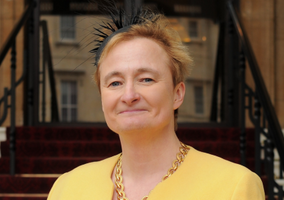To me, it only seems like five minutes ago that I was writing my first editorial of 2024 and yet, somehow, we are already approaching the midway point of the year. Time truly does fly.
According to some scientific studies, we all feel like time is speeding up as we get older. A quick look on Google at various articles found in respectable titles reveals there are a number of reasons given for this. These include changes in our heart and breathing rates as we age and changes in the rate at which the brain processes visual information.
These seem reasonable explanations that are grounded in valid science, but I am less convinced by another theory Google threw up to explain why recent years have sped by.
It was this: that the brain counts new memories in order to help it measure time, and as we age, the periods of time between new and novel experiences and sensations grow ever longer – to put it bluntly, we have seen it all before. There is less for our brains to count and so apparently, this makes time flash past more quickly.
There is a certain logic to this, and it might have held up in the “good old days”. But as we all know, and as I have written before, for some time now we have all been living through unexpected, unforeseen and, very often, never-before-experienced events. The impact of these on how we live means that we have all been introduced to new and novel experiences on a regular basis, whatever our age.
Indeed, I am sure that many in the charity sector feel that they have had to constantly adapt and change the way they operate, both personally and as an organisation, many times in response.
Last month, we published an article on systems and models that might help organisations manage through the period of constant change, as it appears to be here to stay.
For everybody, but perhaps more so for those in the charity sector and in frontline public services, it has often probably felt that there is simply not enough time in the day to carry out their essential tasks – especially as demands have risen.
The danger is that it all becomes a bit of a blur and staff suffers from stress and burnout. It is important that all charity leaders are on the lookout for this, ensure that people get the breaks they need and that there is time to reflect and learn.
Of course, this can seem difficult in the short term when the clock is ticking and pressure is on, but it will be worth it in the long term.
Tristan Blythe is the editor of Charity Finance












